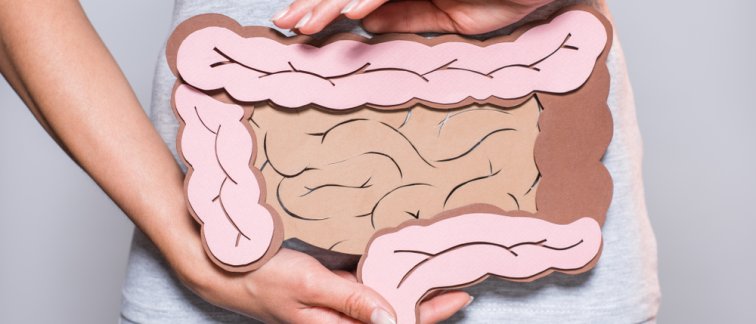Understanding the interaction between diet, the microbiome and the host is key to maintain host well-being. Phytate is abundantly present in plants and the daily intake of dietary phytate is approximately 2.5 g per person. Health benefits of the consumption of plant-based diets, including phytate-rich products, like nuts, seeds and unprocessed whole grains are indisputable. Furthermore, dietary phytate supplementation reportedly promoted glucose metabolism and exerted protective effects against inflammation and colon cancer without clear mechanism of action. The authors hypothesized that most of observed benefits are from the modulation of the gut microbiome.
Via in vitro and in vivo mouse studies using 13C stable isotope approach, they subsequently showed that dietary phytate can be readily converted in health promoting signalling compounds due to the concerted action of two important gut bacteria that form a trophic chain. They also verified that the gut microbiome plays a major role in dietary phytate metabolism.

These results suggest that colonic phytate can be completely converted by the microbial trophic network into SCFAs that may contribute to dietary phytate-driven health benefits and that the consumption of plan-based diets is beneficial partially via microbial phytate fermentation.
 Lead researcher Nam Bui
Lead researcher Nam Bui
Authors
Lead contact
Nam Bui, Department of Experimental Vascular Medicine
Coauthors
Max Nieuwdorp, Mark Davids, Melany Rios-Morales from same department

